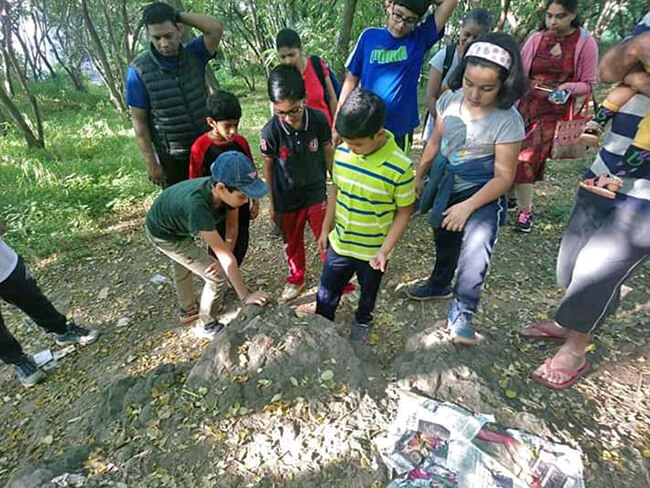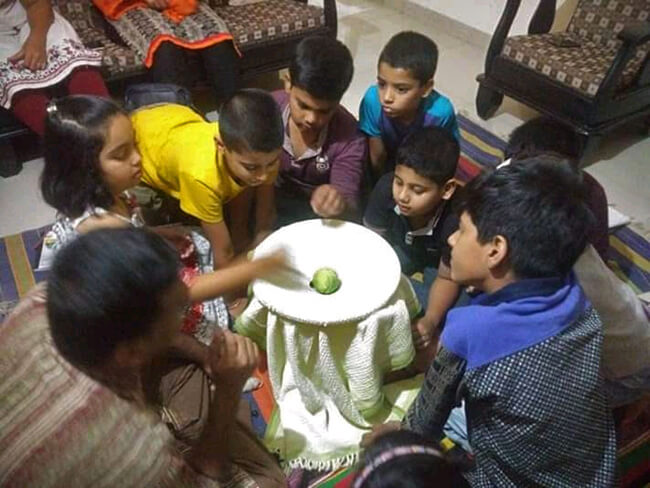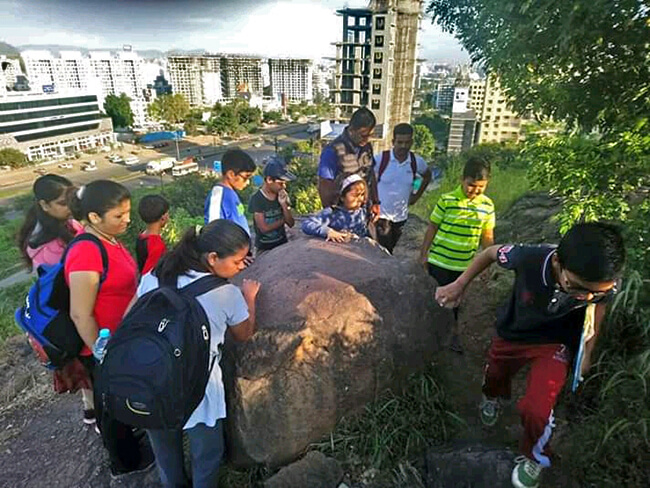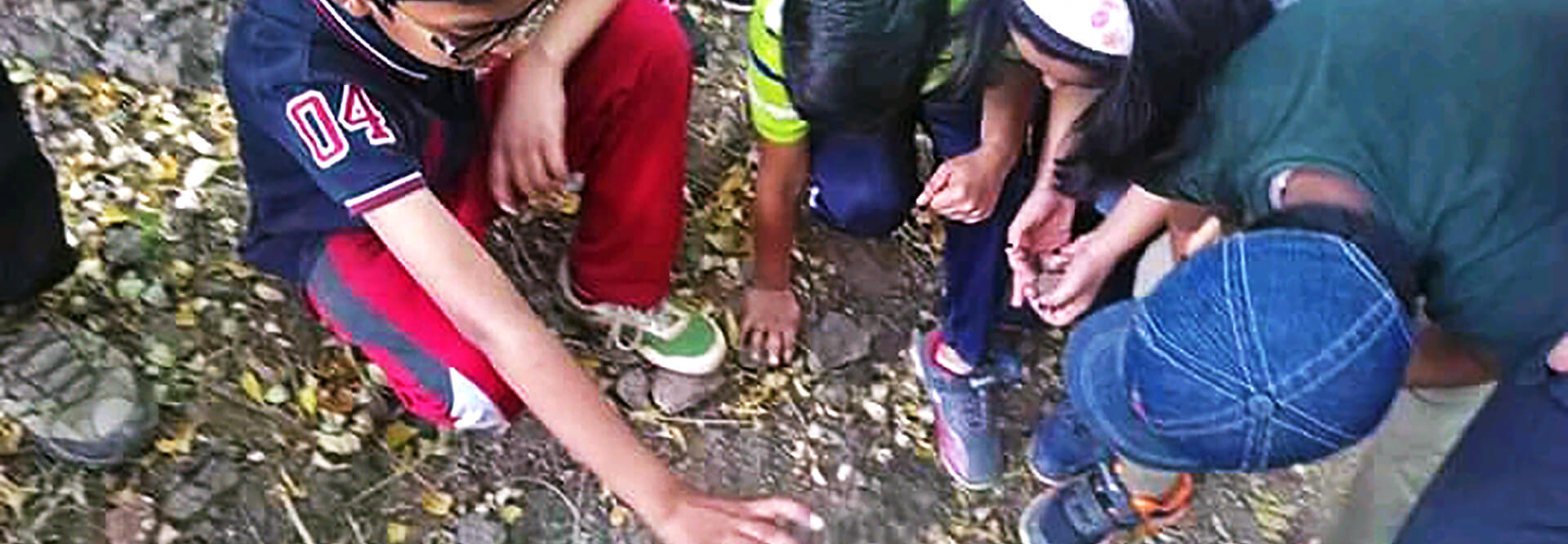
Being parents of a son who has been learning without school for the last four years, my partner and I got an opportunity to understand many dimensions of the process of learning.
Initially we thought that as homeschoolers, since our son is out of school instead of being with school authorities, it was now our responsibility to take control of his education. We started replicating the model of education followed by the schools. The only difference was the space and time, and the replacement of the authority; the tools such as text books, and methods of evaluation of learning outcomes were more or the less the same.
As we continued the homeschooling journey year after year, our focus started shifting from information oriented “education” to “need-based learning.” We observed that it is absolutely not important to evaluate how much information is grabbed by the learner, but it is important for the learner to know whether (and to what extent) they are able to collect the information necessary to them and analyze it on their own to connect the dots.
If the information provided to the learner is meant to validate them through some kind of examination, and if they are not interested in the process or information, then it is merely a cognitive load which is eventually responsible for the learner losing an overall interest in the learning process.
After four years of our learning and unlearning, we realized that best method of learning is to help the learner to follow the biological process of learning by taking control of their learning through Self-Directed Education.

If a learner realizes that someone else is taking control of their learning—the same natural instinct which they used to learn walking, speaking, learning to eat on their own and so on—their natural instinct of learning takes a back seat.
Any learner, irrespective of age, is able to learn if they are in control of their learning tools, their learning space and time, and if they are not judged, but rather supported and encouraged by adults around them. Usually, the motivations for coercive education are grades and exams, but motivation for learning is the excitement of natural instinct to achieve goals set based on the passions of the learner.
If your goal is to “educate” a child, then school, with its built-in exam system, is perfect for that, and you should follow that without any ambiguity. But, if you want to help children to develop a sustainable learning processes by identifying their passions without any obligations of being instructed or being judged, then homeschooling or Self-Directed Education are great options!
If you’re focused on educating kids, you need to provide the best of information-gathering tools and resources. A different approach is needed if you’re helping your child to learn, because your work will ensure that they are getting exposure to real world and real life situations while trusting the learner, and developing the patience to honor natural learning instincts, and allowing time for the learner to digest their experiences. Digestion of the real life experiences by the learner can make it easier for them to identify their passion or interests.

Once their interests are defined, the learner will find the means to pursue that interest. If that goal includes exams, adults can support those goals and interests too. My partner and I are not against exams, but we are absolutely against exams being forced by adults to demonstrate learning ability and associating it with esteem. In coercive education, adults take the driver seat in the journey of learning whereas in a self-directed approach, the learner is in the driver’s seat.
Supporting adults take the back seat, and are always there to help the driver when that driver asks for help. At this point in our journey, we have decided to vacate the driver’s seat so that our son can take control of his joyous journey of passionate learning.
If you enjoyed this article and feel called to give back to ASDE, here are ways you can support our work:
- Donate money
- Share our content with others! Click one of the buttons above to easily share on Twitter, Facebook, or email.
- Consider becoming a Contributor for Tipping Points
Tipping Points Magazine amplifies the diverse voices within the Self-Directed Education movement. The views expressed in our content belong solely to the author(s). The Alliance for Self-Directed Education disclaims responsibility for any interpretation or application of the information provided. Engage in dialogue by reaching out to the author(s) directly.






